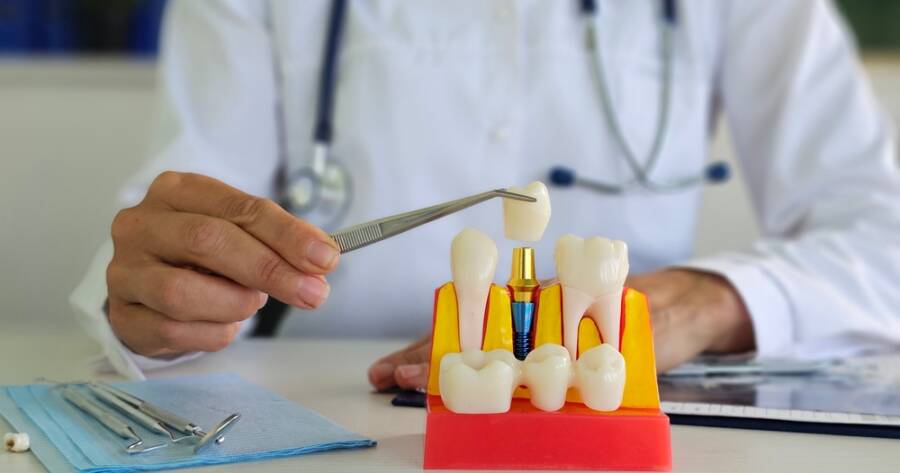Participating in dental implant trials offers a cost-effective avenue to enhance oral health and aesthetics. Clinical trials may not only reduce financial burdens but also allow access to innovative treatments while contributing to dental research. From coverage-inclusive procedures to financial aids and educational program discounts, various options present affordable solutions for those considering implants.
How Dental Implant Trials Operate
Dental implant trials often cover the majority of expenses associated with the procedures, providing an affordable solution for individuals seeking implants. They involve different phases, with Phase 3 focusing on advanced trials that provide greater safety and effectiveness. This structured approach allows participants to benefit from the latest treatments while contributing to valuable research aimed at improving dental care standards by comparing different treatment groups.
Participants in these trials undergo detailed evaluations to determine their suitability, with trials generally divided into various phases. Those involved in Phase 3, for instance, can experience advanced and effective treatment options, enhancing their chances for improved results through advanced phases. Moreover, participation doesn’t typically require insurance, broadening accessibility for those who may not have coverage.
Additional Financial Assistance Options
Beyond clinical trials, dental schools also provide reduced-cost dental implants through student training programs. These programs, often conducted under the supervision of experienced professionals, enable students to gain vital practical experience while offering affordable services to patients. Collaborations with implant companies can further enhance the affordability of these services through donations and collaborations with dental schools.
For those who do not qualify for completely free services, financial assistance may be available through dental grants and payment plans. These initiatives make it possible for patients to manage the cost of dental implants feasibly over time. Flexible payment options like Denefits offer a 95% approval rate without requiring credit checks, allowing patients to pay off their procedures in manageable installments through productive payment plans.
The Importance of Dental Implants
While the cost can be daunting, the benefits of dental implants extend beyond aesthetics. They play a crucial role in maintaining dental health by improving nutrition, speech clarity, and preventing bone loss. These factors are especially vital for individuals with disabilities who face unique challenges. Clinical trials not only offer dental implant opportunities but also provide essential follow-up care and monitoring, ensuring long-term success and patient satisfaction throughout the process of addressing barriers.
For those considering dental implants, it’s crucial to explore all available options, including clinical trials, dental schools, and payment plans. These opportunities can significantly reduce financial barriers while ensuring access to high-quality dental care and advanced treatments, offering pathways to solutions.
Why You Should Learn More About Dental Implant Trials Today
Participation in dental implant trials is more than just a cost-saving method; it’s an opportunity to access cutting-edge research and receive comprehensive dental care. This path can lead to significant improvements in both oral health and quality of life. By engaging in these trials, individuals contribute to essential medical research while gaining personal benefits such as enhanced smile aesthetics and overall dental health. Those interested in pursuing this option or exploring similar resources should consider contacting local dental schools, professionals conducting the trials, or organizations specializing in dental assistance to learn more about their potential involvement.
Sources
Exploring affordable dental implants through programs and charities
Access pathways to affordable dental implants for individuals with disabilities
Financial savings and treatment comparisons in dental implant trials





